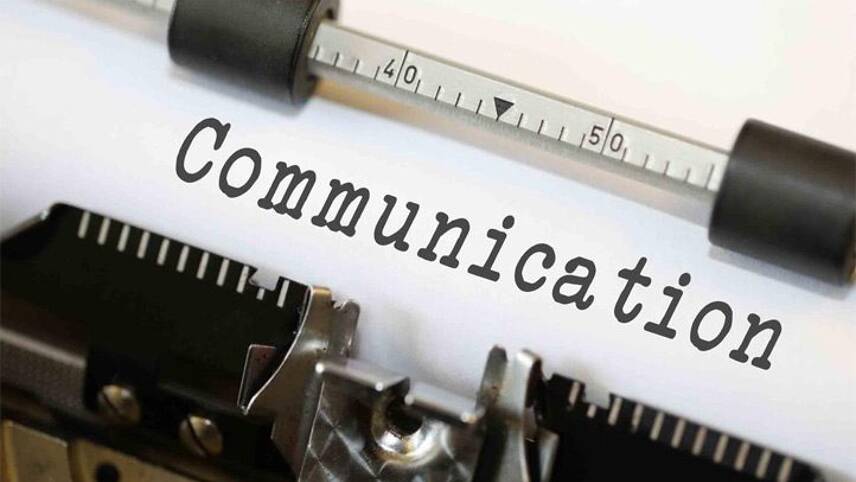Register for free and continue reading
Join our growing army of changemakers and get unlimited access to our premium content

A swift and just transition to a net zero resilient future where people and nature thrive is vital to ensure lasting prosperity for businesses and communities. At Business in the Community (BITC), we strive to create a fairer and greener world driven by fairer and greener businesses.Green skills – the knowledge, skills, competencies, and attributes required by organisations to thrive as part of a fair and inclusive transition to a net zero resilient society – are essential to success. BITC is enabling progress through our Green Skills Lab which is made up of like-minded businesses collaborating and innovating to take action and share learnings.
The global demand for green skills is growing, with the number of job postings on LinkedIn requiring green skills increasing by 8% annually between 2016 and 2021. To ensure that they have access to the right talent for success in the future, businesses will need to upskill those who have yet to acquire these skills, create new jobs and opportunities, and update existing roles. In doing so, the UK’s national and local economies can take advantage of this shift in talent and prosper as leaders in the just transition to a net zero resilient future.
Everyone is talking about green skills – from business leaders to politicians – but the complex language and jargon used when discussing, creating, and shaping these skills could be holding us back from making collective progress in our efforts to combat climate change. Research shows that two-thirds of adults are confused by the climate-related jargon used by the media, politicians, and businesses, meaning that they could be left behind when it comes to critical decisions which will inevitably impact their futures. The use of clear and simple language and layman’s terms to discuss the climate crisis and green skills is imperative to avoid this, making these fundamental skills accessible to all.
It is a common misconception that only ‘green jobs’ which lie directly in the sustainability or environmental sectors will require green skills. All roles will change as the transition to net zero and climate resilience accelerates. From non-financial reporting, to managing scope three emissions through procurement, to resilience planning by facilities teams, green skills will be embedded in every job. However, eight out of 10 people who believe that they would need new skills during the just transition do not think that their employers are doing enough to prepare them. The way these skills are communicated and discussed plays a significant role in shaping our collective understanding of green skills and encouraging employers to innovate and plan for the future.
The responsibility doesn’t lie with HR alone to communicate these skills effectively. Engagement surrounding green skills should be extended to all employees in all sectors, and the language used to drive this is critical to success. Research has found that six in 10 people who care about the environment lose interest during discussions where lots of jargon is used. Meanwhile, eight in 10 believe that a raised awareness of environmental terms is needed. For real change to happen, senior leaders should assess what skills and knowledge are required and how to incorporate them into their workplaces. Communication to both prospective and existing employees makes all the difference, with research showing that eight in 10 people believe that layman’s terms should be used when referring to the climate and green skills. This way, everyone has equal opportunities to thrive.
It is crucial that we develop a universal definition of what green skills are and how employers can harness these skills to reach net zero targets. Research has found that six in 10 people believe that better education surrounding climate jargon would encourage more people to do their bit for the environment, and there has never been a more important time for this. There is a significant gap in the understanding and building of the skills needed to drive effective climate action, and it has been found that the global green skills gap will rise to seven million by 2030, which could lead to a 0.1C temperature rise. Green skills will need to be as entrenched into the careers of future generations as other essential skills such as communication and problem solving, so education on climate language and jargon should start at school to give all young people exposure to these skills before they embark on their careers.
A just transition is one where no one is left behind. The use of clear and simple language to discuss, create, and shape green skills for every employee in every sector is essential to drive effective climate action. That’s why accessible language is fundamental, so everyone can contribute to decisions regarding their futures.



I fully agree communication is critical and should be part of your OKRs